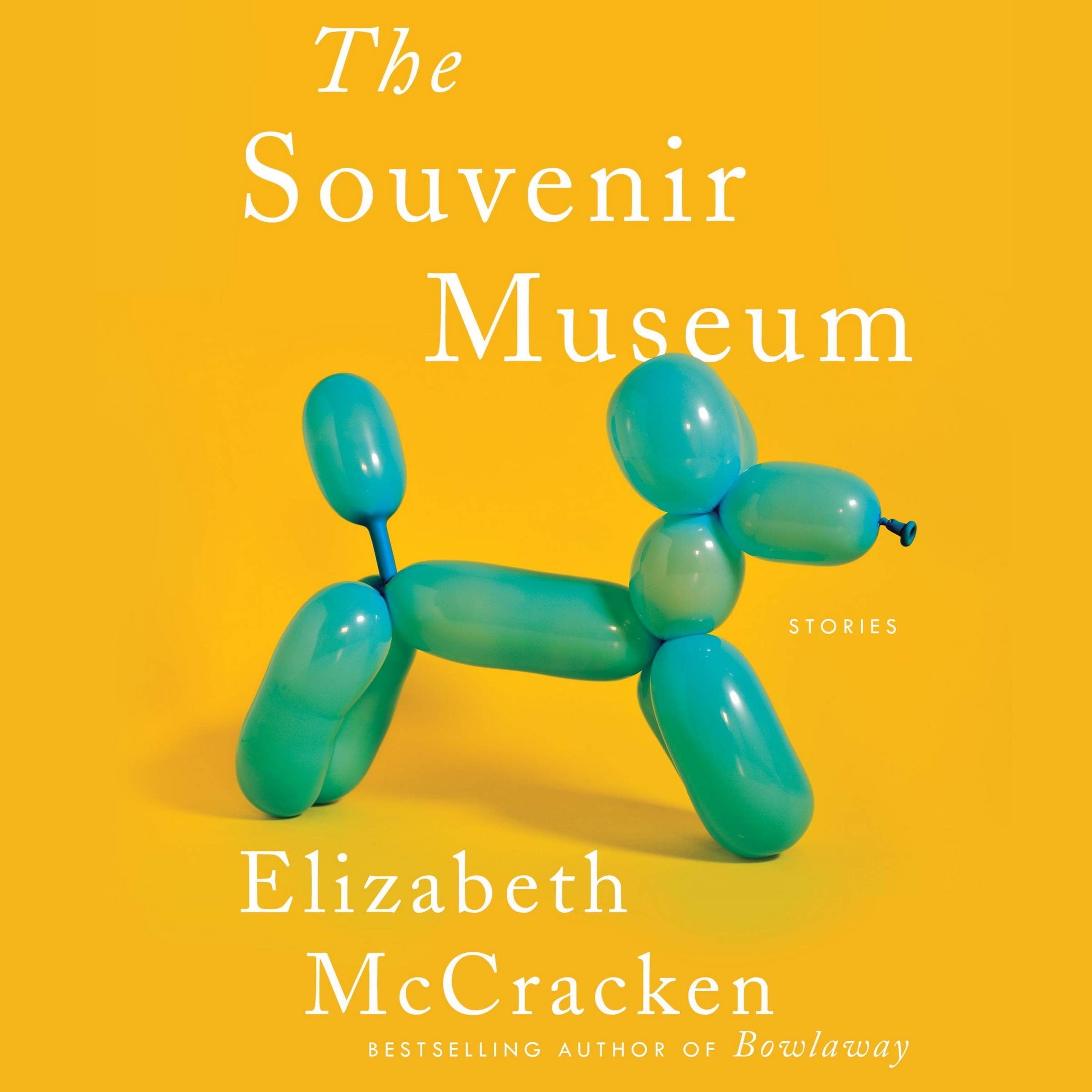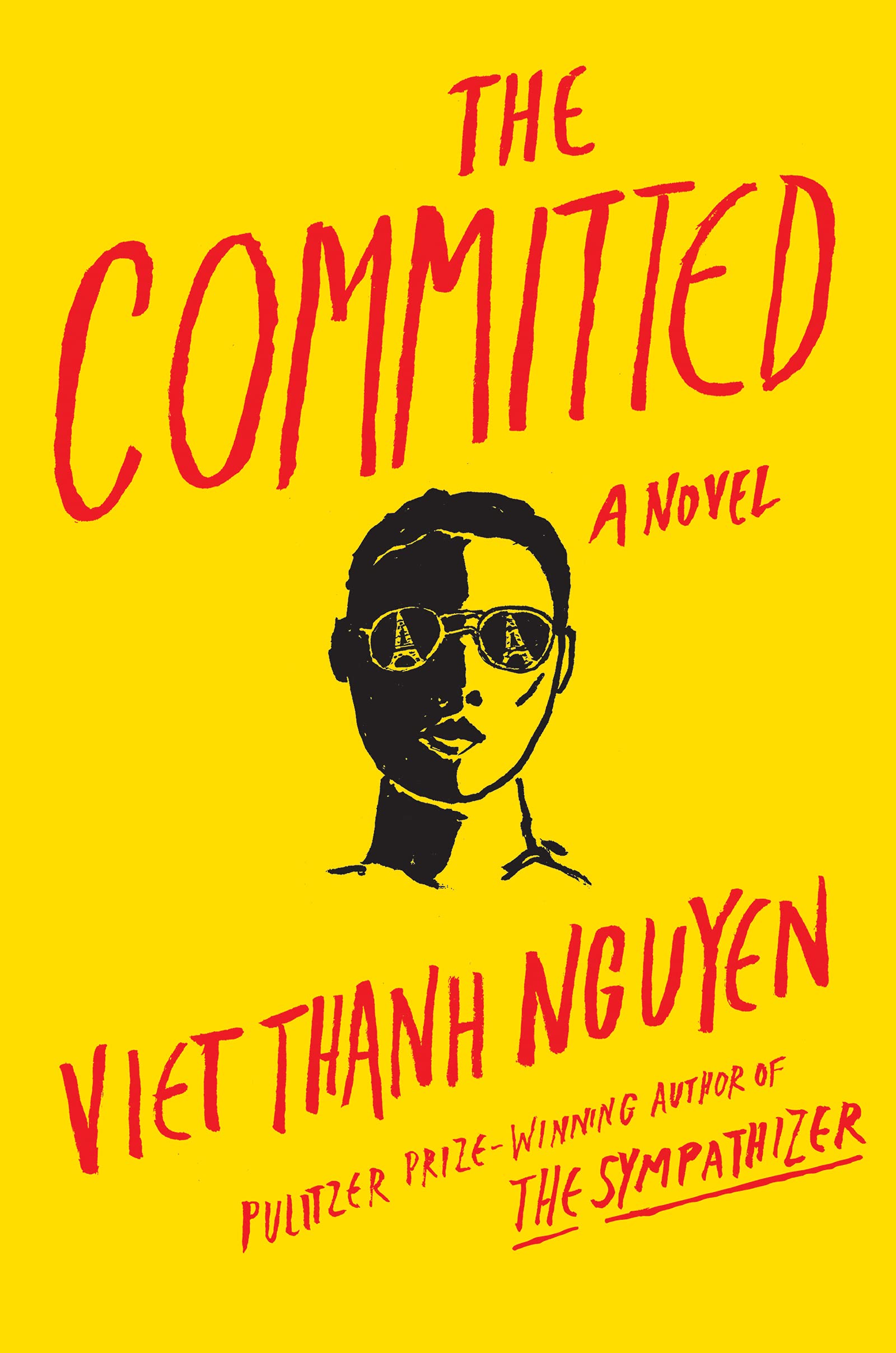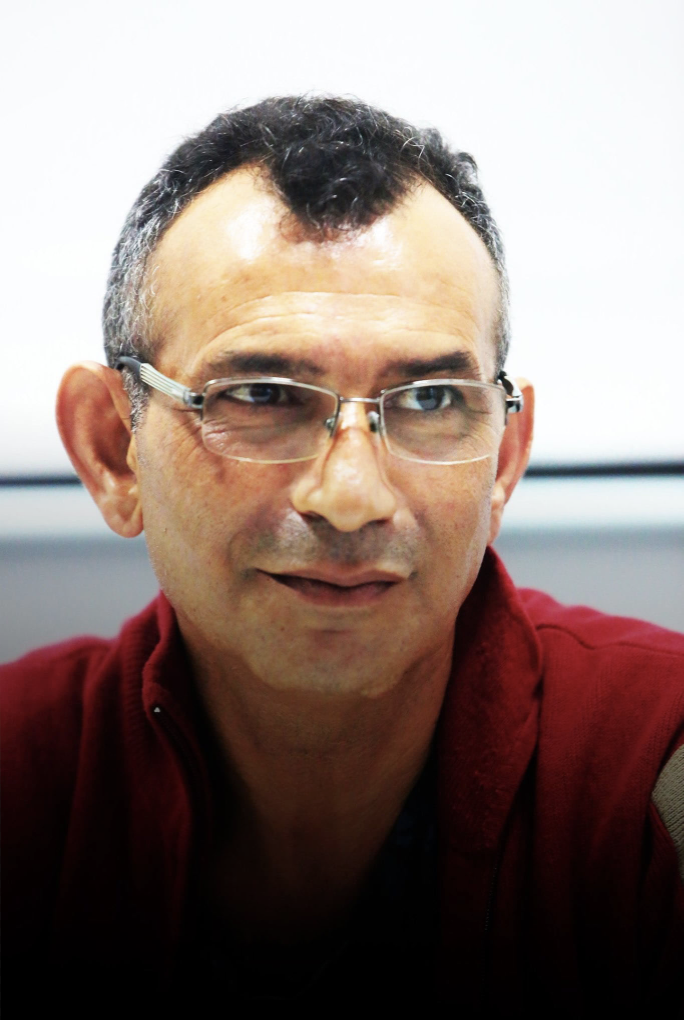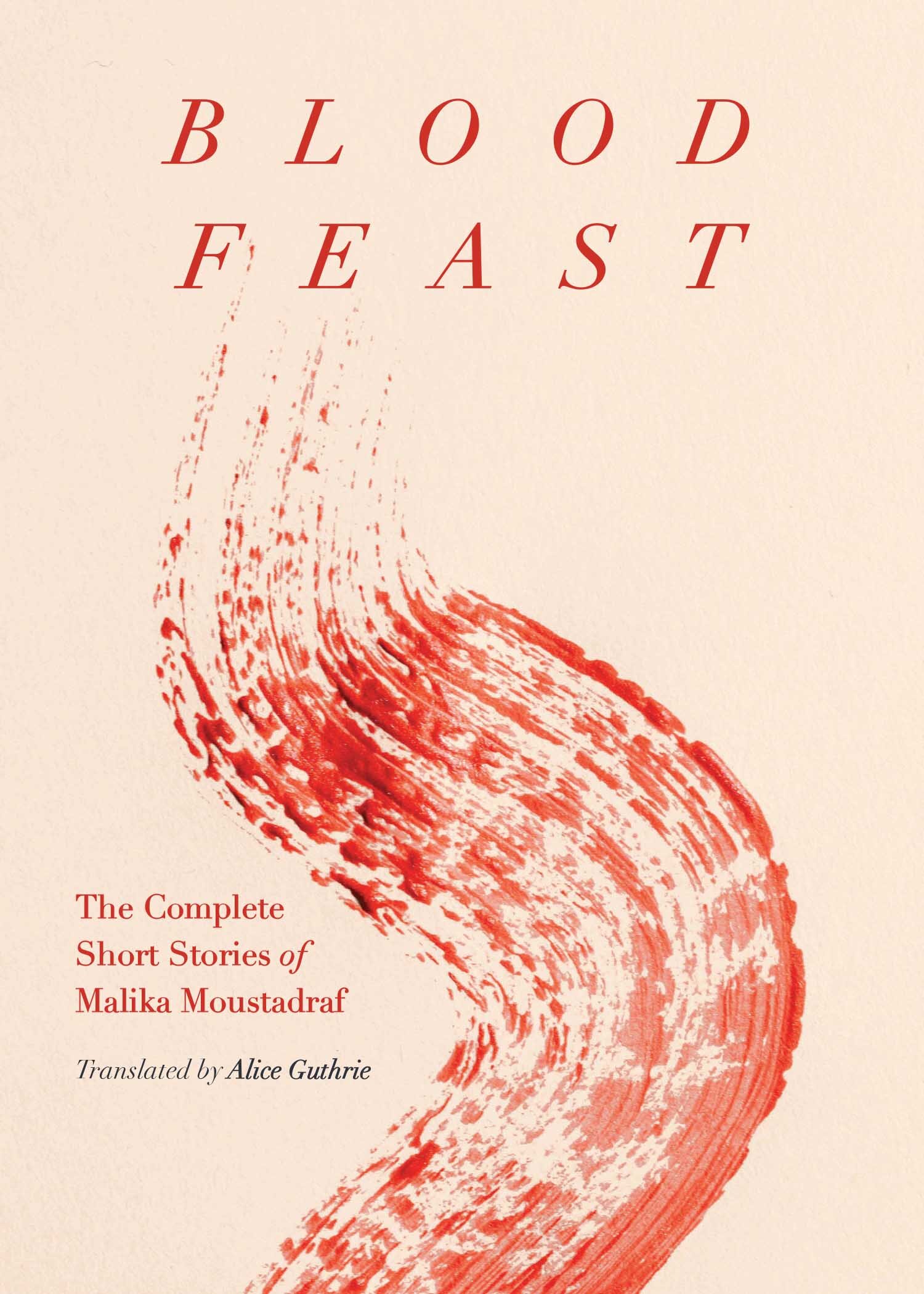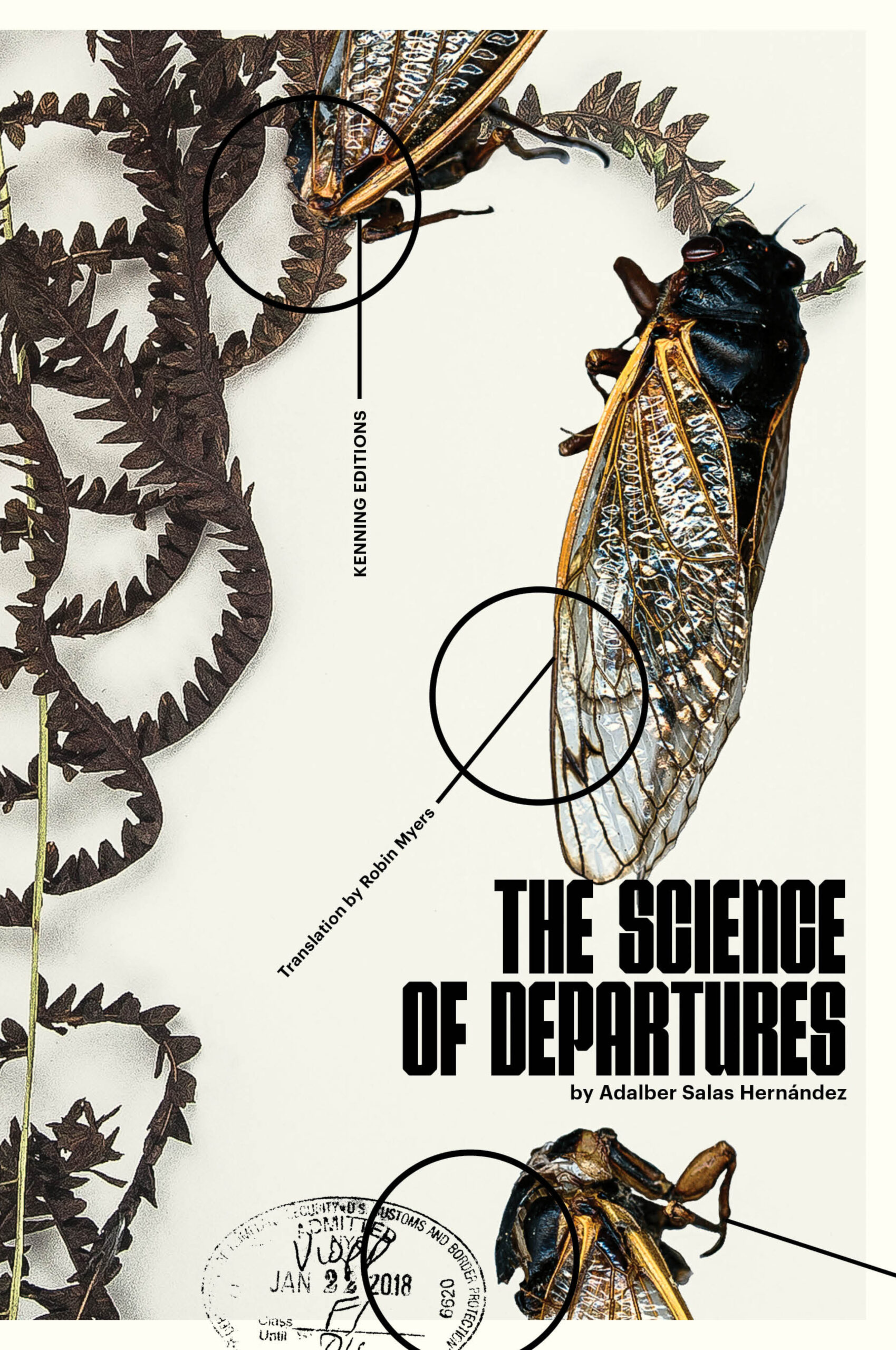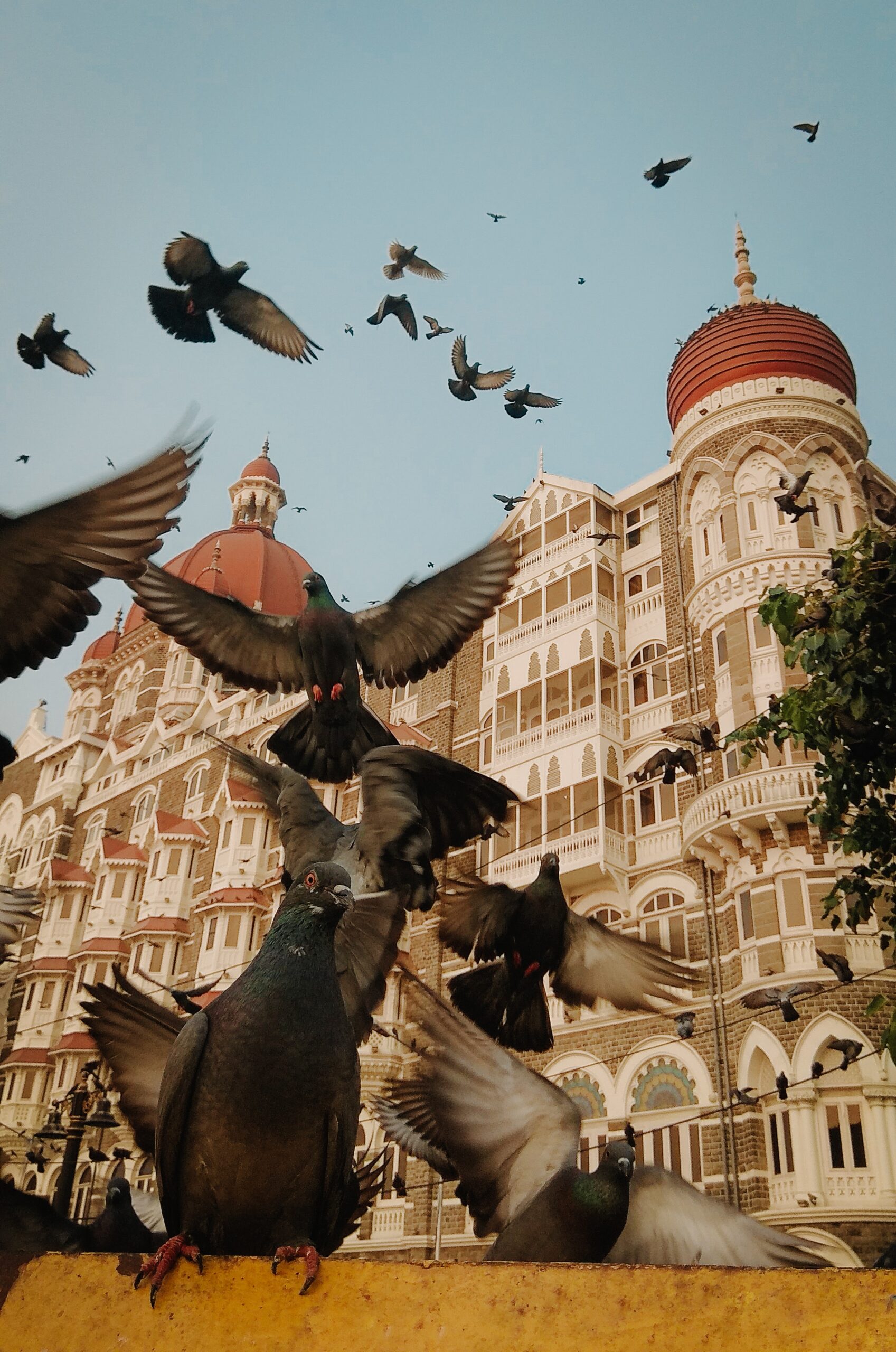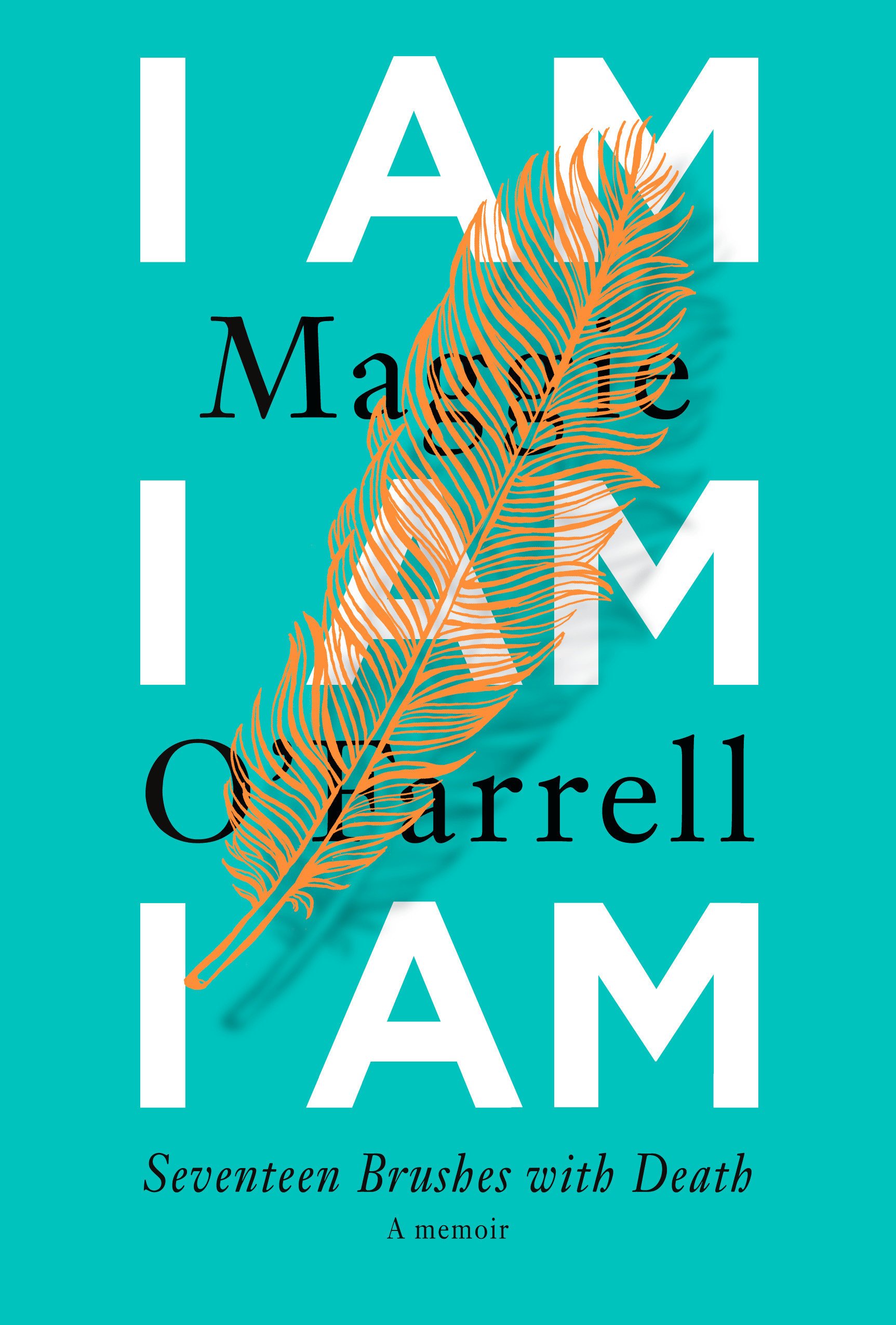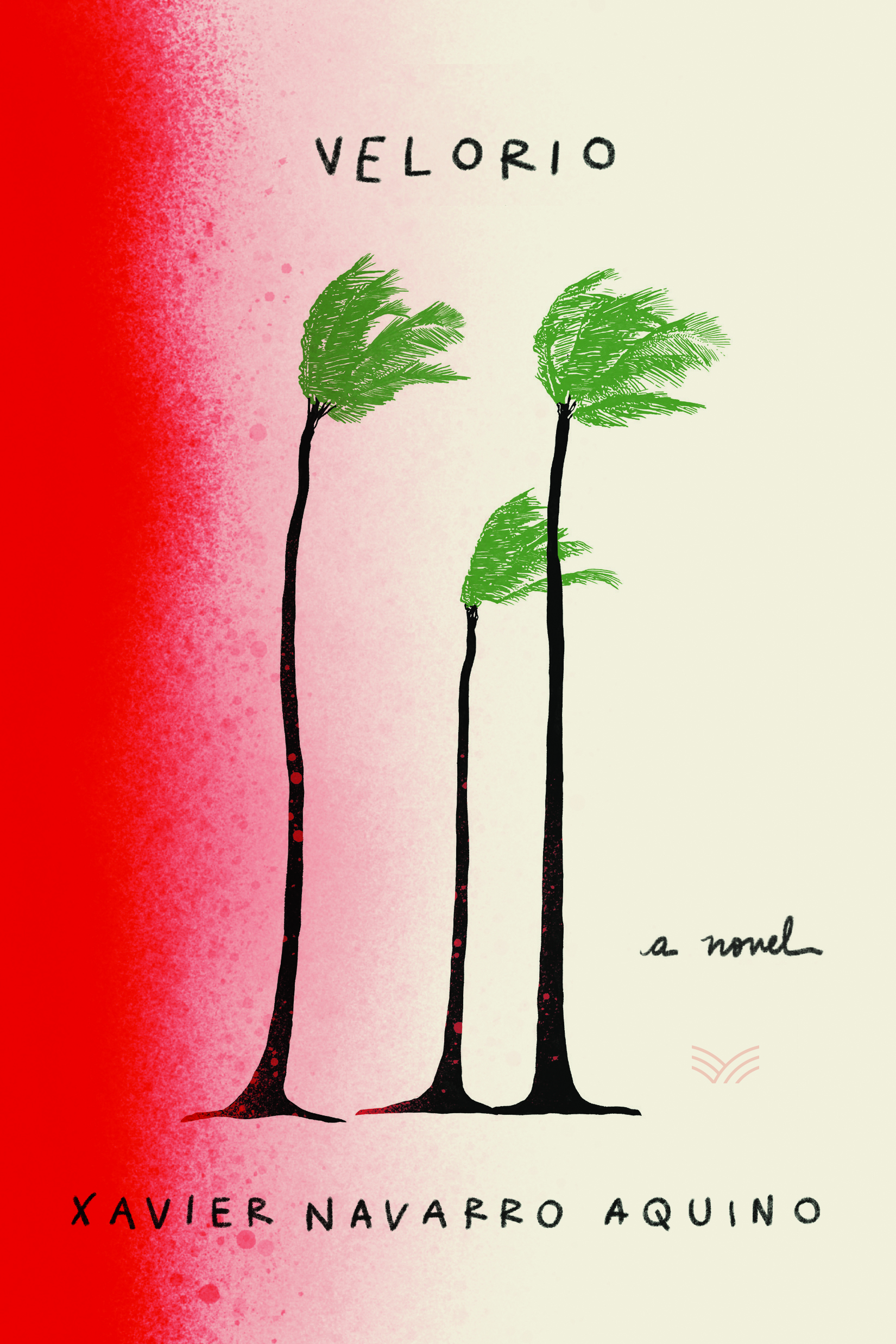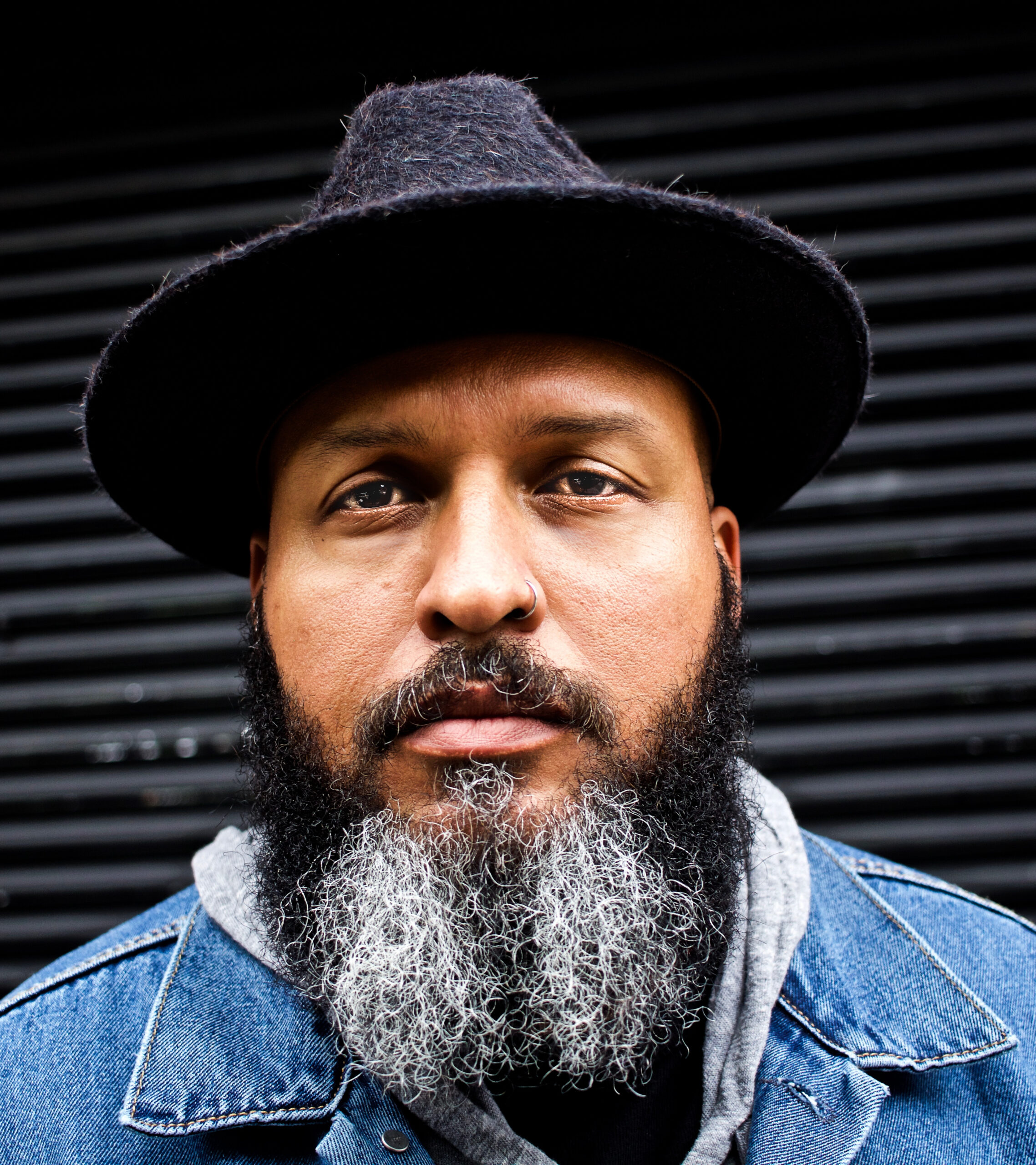By VIET THANH NGUYEN
This piece is excerpted from The Committed by Viet Thanh Nguyen, a guest at Amherst College’s 2022 LitFest. Click here to purchase.

We were the unwanted, the unneeded, and the unseen, invisible to all but ourselves. Less than nothing, we also saw nothing as we crouched blindly in the unlit belly of our ark, 150 of us sweating in a space not meant for us mammals but for the fish of the sea. With the waves driving us from side to side, we spoke in our native tongues. For some, this meant prayer; for others, curses. When a change in the motion of the waves shuttled our vessel more forcefully, one of the few sailors among us whispered, We’re on the ocean now. After hours wind- ing through river, estuary, and canal, we had departed our motherland.
The navigator opened the hatch and called us onto the deck of our ark, which the uncaring world denigrated as merely a boat. By the lopsided smile of the crescent moon, we saw ourselves alone on the surface of this watery world. For a moment we were giddy with delight, until the rippling ocean made us giddy in another way. All over the deck, and all over one another, we turned ourselves inside out, and even after nothing remained we continued to heave and gasp, wretched in our retching. In this manner we passed our first night on the sea, shivering with the ocean breezes.
Dawn broke, and in every direction we saw only the infinitely receding horizon. The day was hot, with no shade and no respite, with nothing to eat but a mouthful and nothing to drink but a spoonful, the length of our journey unknown and our rations limited. But even eating so little, we still left our human traces all over the deck and in the hold, and were by evening awash in our own filth. When we spotted a ship near the horizon at twilight, we screamed ourselves hoarse. But the ship kept its distance. On the third day, we came across a freighter breaking through the vast desert of the sea, a dromedary with its bridge rising over its stern, sailors on deck. We screamed, waved, jumped up and down. But the freighter sailed on, touching us only with its wake. On the fourth and fifth days, two more cargo ships appeared, each closer than the one before, each under a different flag. The sailors pointed at us, but no matter how much we begged, pleaded, and held up our children, the ships neither swerved nor slowed.
